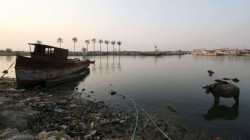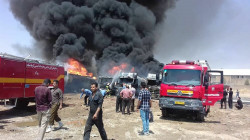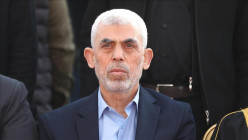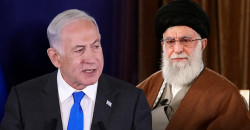Seeking Redress: the complexities of war reparations in the Iran-Iraq conflict
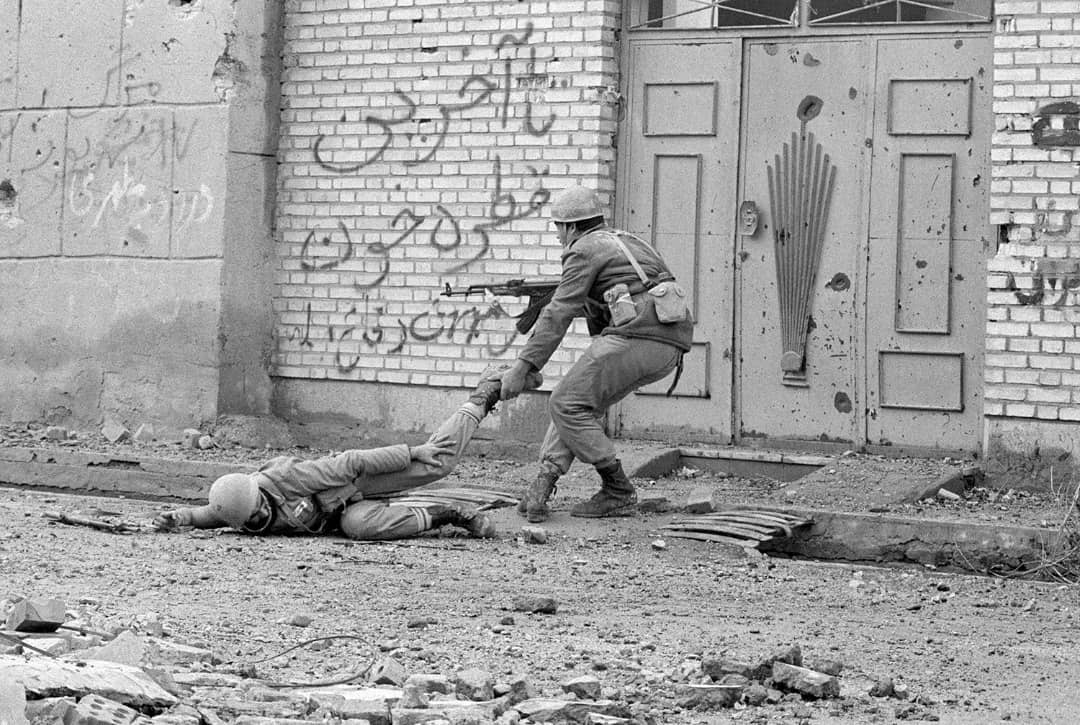
Shafaq News/ After the eight-year Iran-Iraq war, Tehran's efforts to seek reparations from Baghdad have unveiled a complex landscape of legal, political, and diplomatic intricacies.
A circulating text of a contract hints at the potential for compensation, sparking widespread debate and raising fundamental questions about Iran's ability to obtain redress for the profound losses suffered during the conflict.
Counting the Costs Of The War
During the 2888-day-long Iran-Iraq war instigated by Saddam Hussein's regime, nearly 200,000 Iranians lost their lives in devastating air and missile strikes by Iraq. A staggering three-quarters of these casualties were young individuals under 25 years old.
The conflict also left approximately 320,000 Iranians disabled, including around 130,000 exposed to chemical weapons.
These grim statistics, sourced from the Iranian network Tabnak, paint a vivid picture of the war's brutal impact. Beyond the loss of life, countless others suffered injuries and disabilities, further underscoring the enduring scars left by eight years of relentless conflict between neighboring nations.
A sobering assessment outlined in a 1991 report by the UN Iran-Iraq Military Observer Group pointed out that, according to Iranian government estimates, the extensive destruction inflicted by Iraq on Iranian territory was estimated to have caused indirect damages amounting to $97 billion,
Experts consulted by Shafaq News Agency emphasized that even if only the $97 billion figure mentioned in the UN report were paid, Iran would potentially be entitled to compensation totaling up to $242 billion after 36 years.
In this context, the complex question of financial redress looms large, contingent upon political decisions and bilateral agreements that have yet to materialize, leaving uncertainties about the ultimate resolution of this long-standing issue.
Kamal Kharrazi, former Iranian Foreign Minister, said that despite paragraph 6 of Resolution 598 being in favor of Tehran, "the Security Council had no reaction to it, and it was natural in the political atmosphere at that time that they did not want to do anything against Iraq and for the benefit of the Islamic Republic of Iran; the Security Council took no action on this issue."
Perspectives on War Reparations and UN Resolution 598
Former Iranian Ambassador to the United Nations, Ali Khorram, said the Security Council lacks decisive action regarding war reparations.
"This resolution was submitted to the Security Council, which did not take a definitive stance of acceptance or rejection," Khorram noted the complex diplomatic dynamics needed for resolutions.
Meanwhile, Mohammad Javad Zarif, former Iranian Foreign Minister, discussed Resolution 598 on the audio-based social network Clubhouse. He commented, "The condemnation of Iraq in Resolution 598 was a milestone," contrasting Kuwait's success in obtaining compensation with Iran's situation.
The 598 Security Council Resolution calls on Iran and Iraq to observe an immediate ceasefire, discontinue all military actions, and withdraw all forces to the internationally recognized boundaries.
It requests the UN Secretary-General to dispatch a team of United Nations observers to verify, confirm, and supervise the ceasefire and withdrawal of troops. It urges that prisoners of war be released and repatriated without delay after the cessation of active hostilities.
Both Iran and Iraq accepted Resolution 598 on August 8, 1988
Researcher in war issues Irej Hemmati highlighted a lack of explicit hope among Iranian officials for compensation under Resolution 598.
"The political and diplomatic officials in the country, ranging from the late President Hashemi Rafsanjani to the former Foreign Minister Ali Akbar Velayati, as well as Kamal Kharrazi, Iran's Ambassador to the United Nations at that time, and his successor Mohammad Javad Zarif, have not mentioned any written text, letter, or conversation indicating their hopes for the implementation of paragraph 6 of the resolution related to the issue of compensation."
In recent years, whenever a specific position of the Iraqi government is observed, some Iranian officials mention the necessity of obtaining compensation. However, this matter is quickly overlooked, and whether these ideas are mere propaganda slogans for these figures or a severe issue is unclear.
Iran's Demands, Iraq's Noncompliance
Iran had demanded war reparations from Saddam Hussein's regime, a request that contributed to prolonging the ceasefire. However, Iraq did not comply with this demand.
Resolution 598, which was imposed, did not address the issue of war reparations from Iraq. Instead, paragraph 6 of the resolution assigned responsibility for the conflict to the Secretary-General and referred it to the Security Council. The severity of the damages and the need for reconstruction were confirmed in the seventh paragraph without mentioning Iraq's role in covering reconstruction costs or paying damages.
While a UN report recognized Iraq as the aggressor and violator of human rights in the Iran-Iraq war, there was no mention of war reparations in the resolution.
In contrast, UN Security Council Resolution 687, issued after Iraq attacked Kuwait, did address the issue of compensation.
Said Mahmoudi, an international law expert, emphasized in an interview with VOA that official identification of the aggressor is crucial to obtaining compensation. However, this identification was not made in the case of the Iran-Iraq war.
Challenges and Skepticism Surround Iran's Quest
Former and current Iraqi diplomats, in conversations with Shafaq News Agency, highlighted the complexities surrounding Iran's demand for war reparations. They noted that pursuing such a demand could inflame nationalist sentiments in Iraq and place Iran's allies under significant pressure, potentially leading to extremist influence over Iraq's political landscape.
"This situation could even lead to renewed hostility between Iraq and Iran, maintaining friendly relations."
Given the unlikely scenario of Iraq voluntarily agreeing to pay reparations, diplomats suggested that resorting to the International Court of Justice in The Hague might be the only viable option. However, they acknowledged that this path is arduous and time-consuming, likely taking many years to produce tangible results.
Legal experts echoed similar sentiments, highlighting the legal intricacies in determining damages' scope and compensation period. They cautioned that even if international resolutions favored Iran and set compensation amounts, the lack of political will within the Iraqi government could hinder execution. They pointed out the historical trend of decisions from The Hague remaining unimplemented due to political reluctance.
Considering the current international climate, experts expressed skepticism about the Security Council swiftly adopting a resolution for compensation. They cited the expert team's report from the former UN Secretary-General, suggesting that such a resolution requiring Iraq to pay damages is improbable in the foreseeable future.
